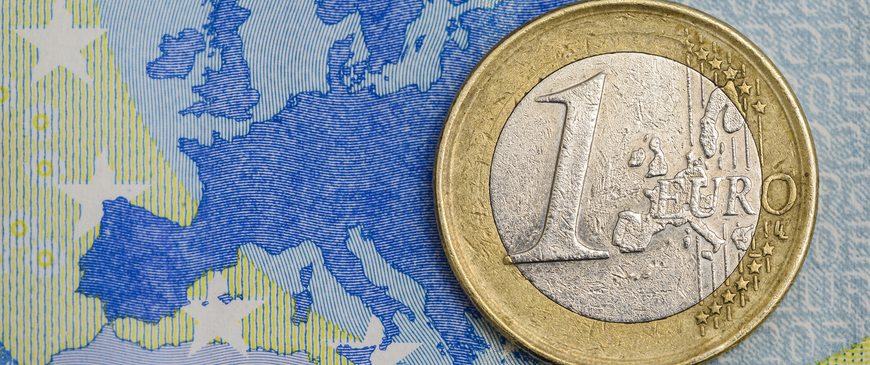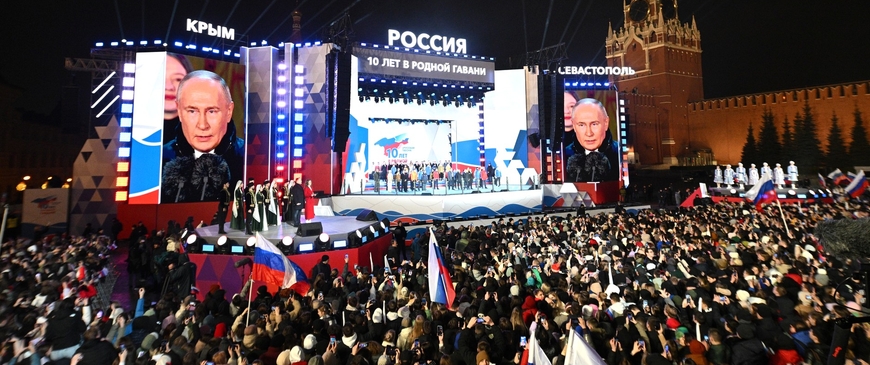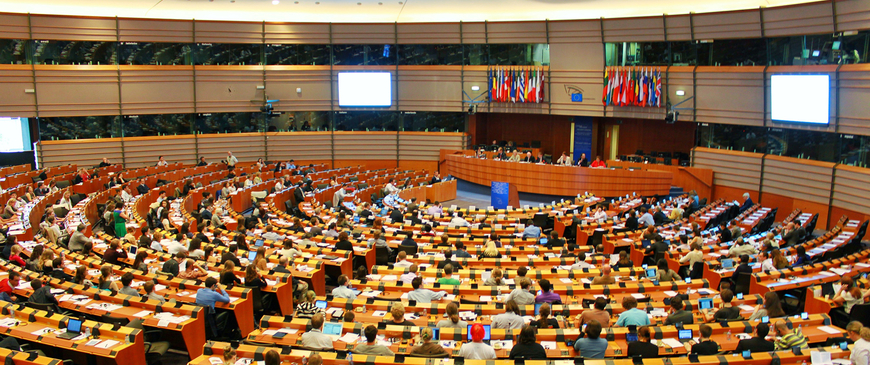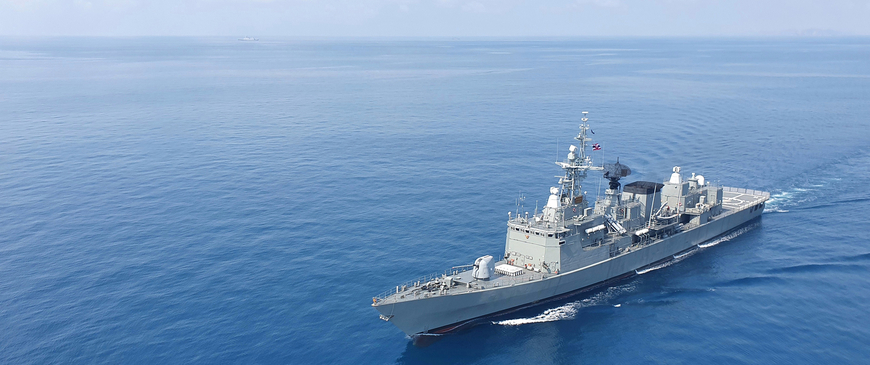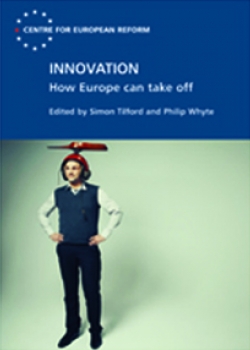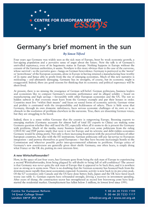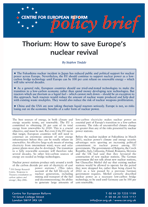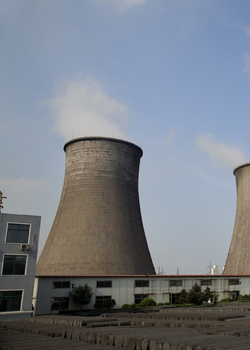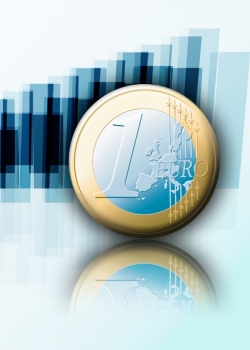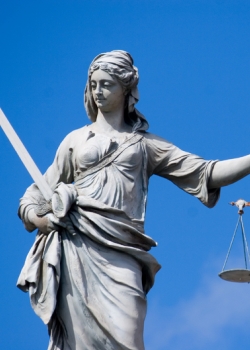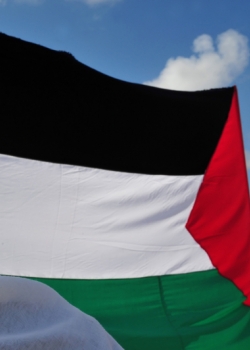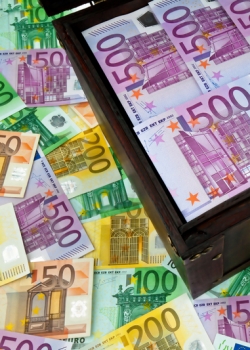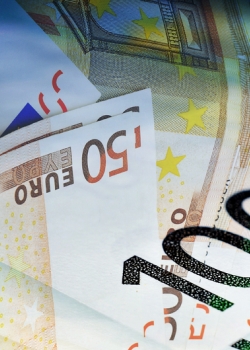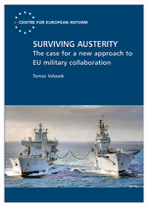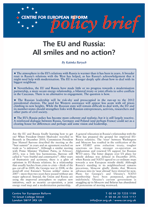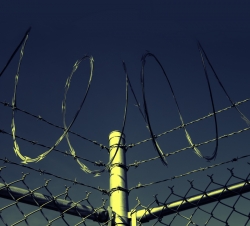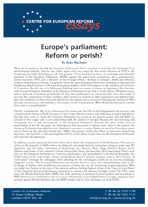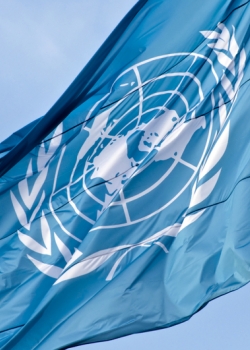Research
Innovation: How Europe can take off
08 July 2011
Every EU government supports innovation, believing that it will help Europe to meet the numerous economic, social and environmental challenges that it faces.
Germany's brief moment in the sun
27 June 2011
Four years ago, Germany was widely seen as the sick man of Europe, beset by weak economic growth, a fast-ageing population and a pervasive sense of angst about the future.
Financial regulation: Britain the perennial outlier?
20 June 2011
Back in 2007, when the Labour government had abolished the business cycle and the City of London was booming, British policy-makers liked to vaunt the merits of ‘light touch’ regulation.
Thorium: How to save Europe's nuclear revival
15 June 2011
The EU should continue to support nuclear power. Existing technologies should generally be used. But thorium liquid fuel reactors – which cannot melt down – should be an exception.
Carbon capture and storage: EU advancing, but not fast enough
03 June 2011
TGAE report
Carbon capture and storage (CCS) is an essential low-carbon bridge technology, to be used in the several decades it will take before Europe can be totally reliant on renewable energy.
Trio leadership: The need to liberalise the European defence market
03 June 2011
TGAE report
Over the last year, renewed defence spending cuts in many EU member-states have increased the need for closer EU defence co-operation. European governments have long acknowledged that significant savings could be gained through more common procurement in defence, joint logistics and common ownership of the most expensive military capabilities. In...
EU ministers tackle defence austerity
01 June 2011
How do you do more with less? The EU defence ministers agreed last week that the way to limit the impact of the economic crisis on their defence budgets lies in more co-operation.
Eurozone debt crisis: To restructure or not?
01 June 2011
In March, European leaders agreed a 'grand bargain' that was designed to restore flagging confidence in the eurozone. The deal, they hoped, would return the most troubled countries – Greece, Ireland and Portugal – to debt sustainability and prevent catastrophic contagion to other, larger economies such as Italy and Spain.
The politics of European justice
01 June 2011
The EU's least understood institution is its Court of Justice, which is seated in a stockade-like building in Luxembourg. For over half a century, judges there have quietly adjudicated, mainly between European governments, institutions and businesses.
Palestinian reconciliation is an opportunity for peace
01 June 2011
The Israeli-Palestinian conflict risks deteriorating further amidst the upheaval in the Arab world and Palestinian efforts to gain recognition at the UN. But one glimmer of hope has emerged.
Issue 78 - 2011
27 May 2011
- Eurozone debt crisis: To restructure or not?, Philip Whyte
- The politics of European justice, Hugo Brady
- Palestinian reconciliation is an opportunity for peace, Clara Marina O'Donnell
Financial regulation: Will British euroscepticism collide with European populism?
21 May 2011
When EU finance ministers met in Brussels on 18 May, many observers expected sparks to fly. The reason? This was the first EU meeting that Britain’s newly-elected government would attend.
Press freedom – the new accession criterion?
16 May 2011
Countries that want to join the EU need to show that their democracies work well. However, press freedom – a key ingredient of any pluralist democracy – is under threat in most of the countries that are now queuing for accession.
Debt restructuring will not end the euro crisis
09 May 2011
Even as the ink is still drying on Portugal’s EU/IMF ‘bail-out’ agreement, it is becoming clear that Greece’s 2010 bail-out has failed to improve the sustainability of its public finances.
Surviving austerity: The case for a new approach to EU military collaboration
22 April 2011
A wave of budgetary austerity is weakening Europe’s defences. The armed forces of Europe will lose important skills and capabilities unless they can find ways of saving money through collaboration. Tomas Valasek examines previous efforts at pooling and sharing, and explains why some succeeded better than others. The formation of...
Can the Arab spring bring peace to the Middle East?
21 April 2011
Many western diplomats and observers argue that the popular uprisings in North Africa and the Middle East reinforce the need for Israelis and Palestinians to return to peace talks.
The EU and Russia: All smiles and no action?
18 April 2011
The relationship between the EU and Russia has been warmer than it has been for year. Yet there has been little progress on a new bilateral treaty, an energy dialogue, the new modernisation partnership or security co-operation.
The June European Council: Migrants on their minds
08 April 2011
In June, EU leaders will meet in Brussels for their next quarterly summit chaired by Council President Herman Van Rompuy. Some of them – Britain's David Cameron and France's Nicolas Sarkozy – are currently fighting a war in Libya. Others, like Angela Merkel and Silvio Berlusconi, are facing political upheaval at home.
Europe's parliament: Reform or perish?
04 April 2011
National MPs feel less and less in control of decisions taken in Europe. Yet they are expected to defend these decisions with the same vigour as the national laws they vote for themselves.
Europe needs a military avant-garde
01 April 2011
A union of 27 member-states is large and unwieldy. So it is not surprising that sub-groups - formal and informal- are playing a bigger role in managing what the EU does. The Euro Group is emerging as an important institution in its own right, with its own summits.

